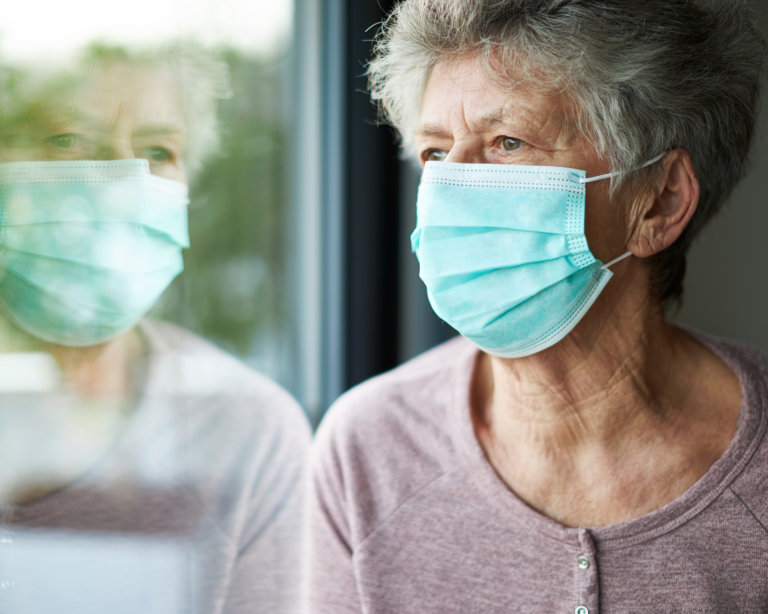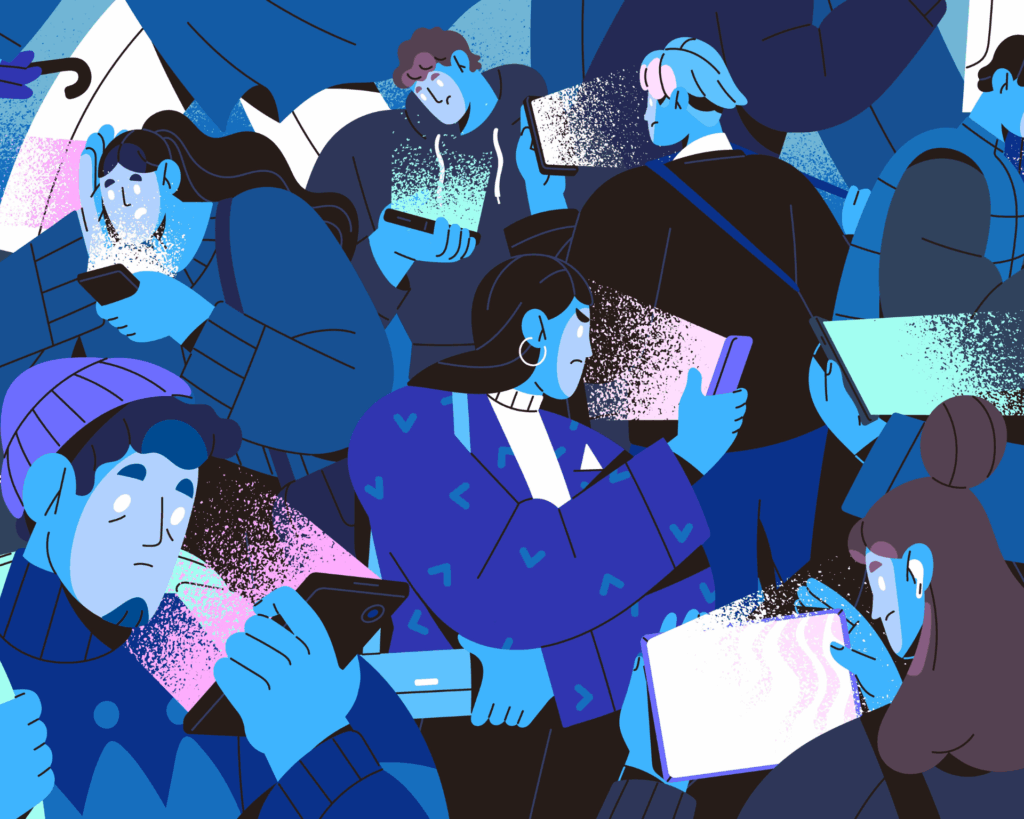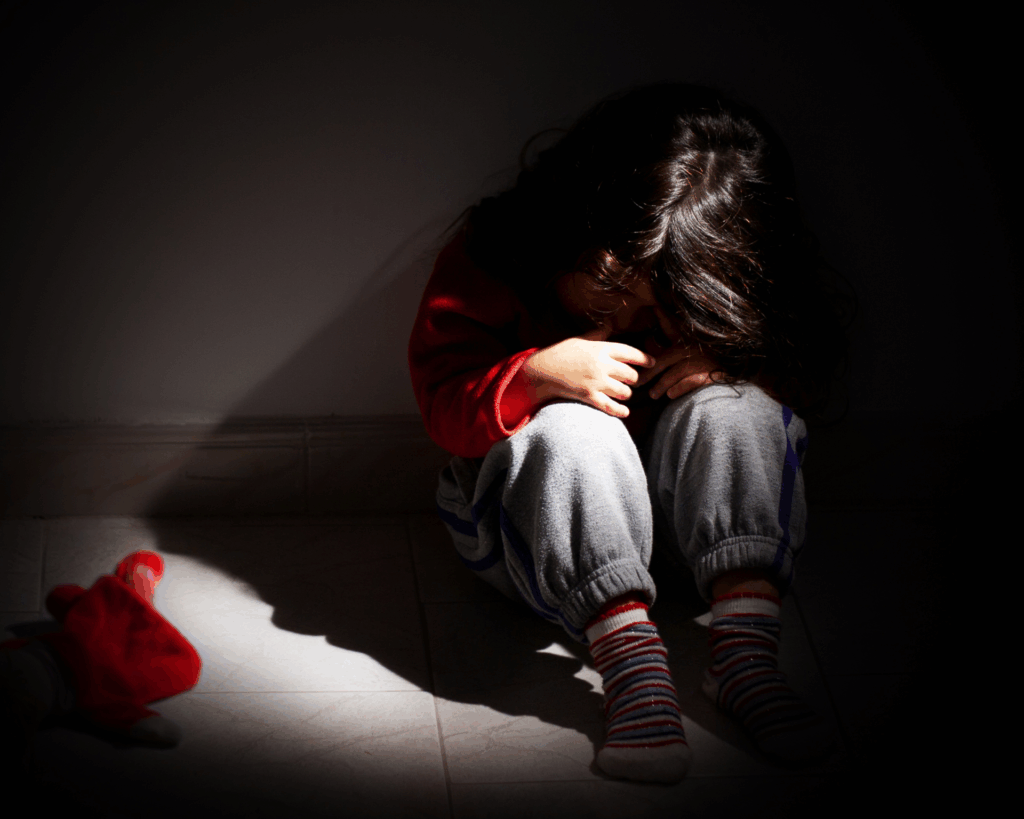Secluded In a Post-Pandemic World
Since the pandemic, older adults have struggled with re-entering society, raising concerns about the mental health impact of their isolation.

Read Time: 4 minutes
Published:
The COVID-19 pandemic has left a significant imprint on society, particularly affecting older adults and others with chronic illnesses. From the start of the pandemic, these groups were strongly cautioned to isolate. More than four years later, as the rest of the world is returning to normal, many of these individuals have maintained their isolation out of fear of what awaits them in a maskless world. This prolonged isolation has contributed to what U.S. Surgeon General Vivek Murthy has called the “epidemic of loneliness.” In May 2023, Murthy issued an advisory highlighting the profound impact of loneliness and isolation on public health, emphasizing the urgency of addressing this issue.
Jessica Finlay and colleagues documented the long-term effects of the pandemic on community participation and well-being among adults aged 55 and older. They conducted baseline and monthly surveys as part of the COVID-19 Coping Study, which included nearly 7,000 participants from all 50 states. The research team combined national survey data with in-depth interviews to paint a comprehensive picture of the pandemic’s long-term impact on this group.
The study found that 59% of participants reported spending more time at home compared to before the pandemic. This trend was particularly pronounced in leisure activities, with 63% visiting arts and cultural sites less often and 75% dining out less frequently.
This retreat from public life has been driven by a complex interplay of factors. On one hand, there are ongoing concerns about infection risks, particularly among those who are more vulnerable. On the other hand, there’s a tension between those who remain cautious and those who are eager to return to pre-pandemic norms. This has created a noticeable shift in social dynamics, making public spaces feel less welcoming to some.
[A] lack of social connection can have a mortality impact similar to smoking 15 cigarettes a day.
In their study titled “I just can’t go back,” Finlay and her team analyzed qualitative interviews to identify why certain places have become challenging for older adults to access since the pandemic. Many older adults found new regulations in their communal spaces to be either too lax or too stringent. Some felt uncomfortable with the lifting of mask mandates, while others were frustrated by continued restrictions. This divergence in comfort levels has led to uncomfortable social dynamics, further pushing some older adults to maintain their isolation.
Eighty percent of respondents reported that there are some places they remain reluctant to visit in person. Those who said they still go to public places like grocery stores reported that they often ducked in and out quickly and skipped casual chitchat out of fear of getting infected or unknowingly spreading the virus to others. As Cindy, a 65-year-old participant, reflected: “It is challenging to be in crowds at the airport, wondering who hasn’t been vaccinated and whether I might give COVID to my unvaccinated grandchild.” This sentiment highlights the ongoing concern about silent transmission, even among those who take precautions. The uncertainty about one’s own status and that of others in public spaces has reinforced many older adults’ inclination to stay home or limit their social interactions.
The lack of engagement in ‘third places’ — public spaces outside of home and work that foster social interaction and community building — can have detrimental effects on mental health. These places, like cafes, barbershops, places of worship, and recreation centers, provide opportunities for socialization, entertainment, care, and support. While most third places have reopened since the summer of 2020, they have become less comfortable for those continuing to isolate. This discomfort and subsequent avoidance may be particularly harmful for groups who traditionally relied heavily on these spaces, including older adults.
These behavioral shifts suggest significant mental health repercussions, including heightened risks of depression and cognitive decline. Research has shown that a lack of social connection can have a mortality impact similar to smoking 15 cigarettes a day and can exacerbate existing mental health conditions and dementia. More accessible outdoor spaces, improved virtual engagement platforms, and initiatives to rebuild diminished social ties and sense of community will be important in ensuring that older adults and other vulnerable groups are not left behind.



